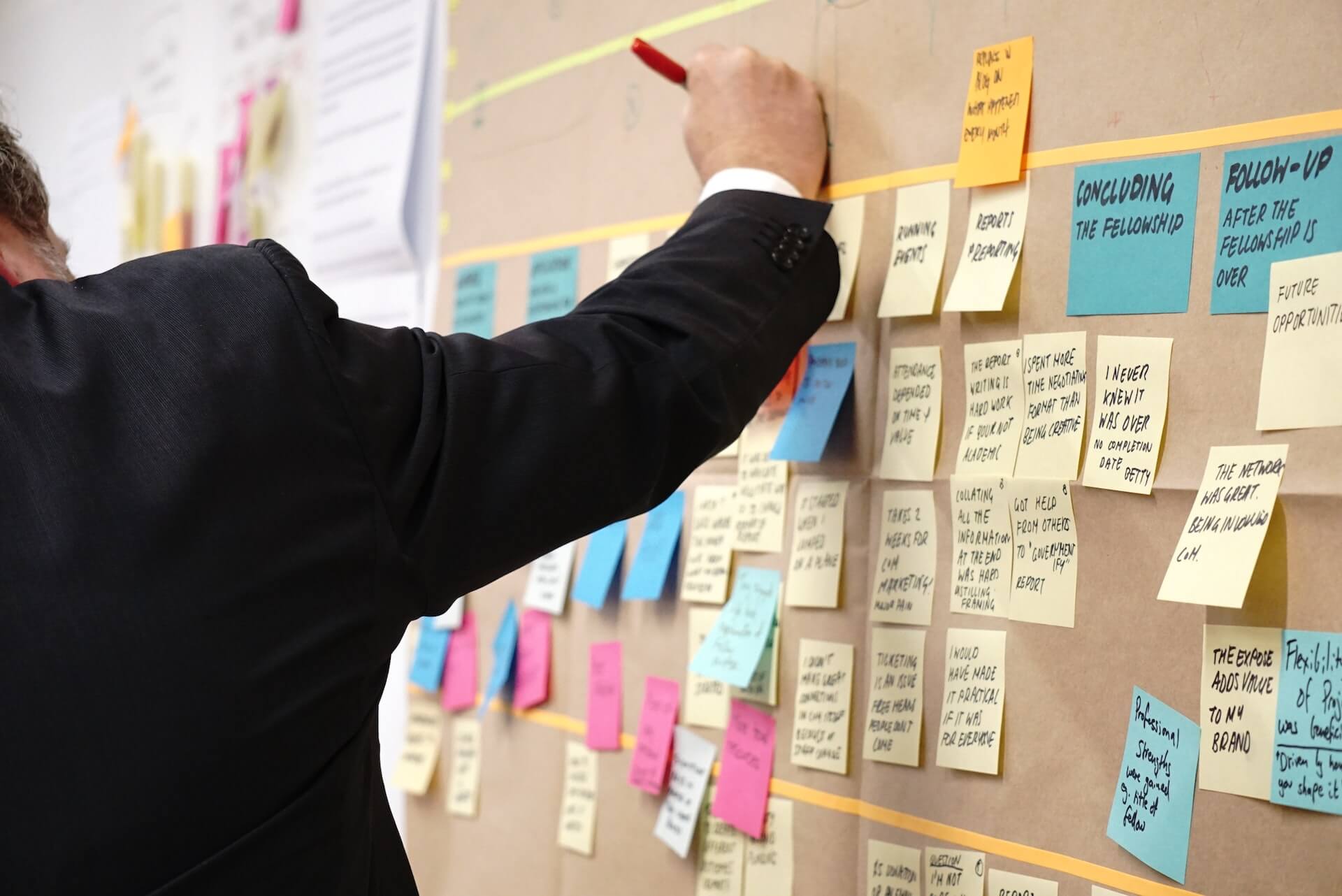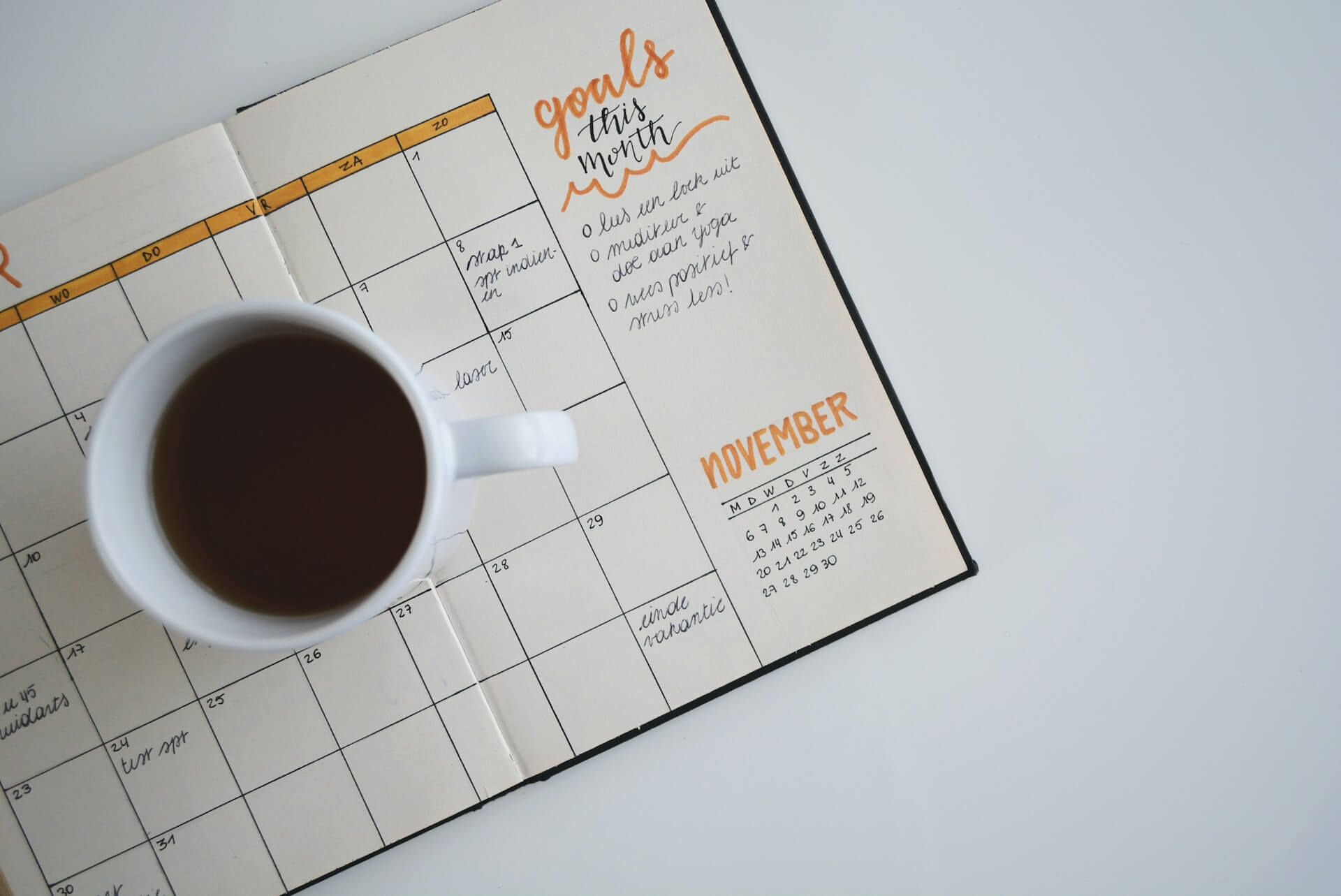Whether you’re studying for GCSEs, A Levels, or university, it’s almost certain that you’ll face exams at some point during your academic journey. We all know that exams can be the most nerve-wracking part of the learning process – but fear not!
With the right revision strategy, you can conquer your exams and achieve your academic goals. The grades you receive can make all the difference in shaping your future, but with a solid revision plan, you can maximize your knowledge and skyrocket your grades to success!
Our Ten Top Tips For Revision
The truth is, studying for hours on end doesn’t guarantee success – what matters most is productive revision. Learning to master the art of revision is the key to efficient learning. With these expert tips, you can kick-start your productivity and get the most out of your revision sessions. From effective organisation to smart study strategies, these tips will help you unlock your full potential.
Make a schedule
Making a schedule is the first step to organising your independent studying time wisely. Effective revision requires proper planning, and it is essential to plan ahead by outlining when and how often you will study. The level of detail to be included in your schedule is up to personal preference.
While some individuals may prefer to plan their schedules hour by hour, incorporating other activities such as work, school, extracurricular activities, and meals to help them stay on track, others may opt to schedule specific revision days and topics to be covered.
Get Ahead of the Game
There is no denying that preparing for exams are stressful. One of the best ways to avoid feeling overwhelmed and stressed out during exam season is to start revising early. When you start revising early, you give yourself enough time to cover all the material that will be covered in the exam thoroughly.
Moreover, starting early reduces the pressure on you to learn everything within a short period. When you know that you have ample time to study, you can avoid the urge to cram everything into a few days before the exam. Cramming only adds to the stress and often results in poor performance on exams.
Understand what kind of learner you are
Everyone has their own unique learning style therefore, what will work best for your peers may not work for you. Understanding what kind of learner you are can help you study more effectively. Consider taking a learning style quiz or reading up on the different types of learners to find out what works best for you.
Once you understand what kind of learner you are, you can begin to tailor your revision sessions to incorporate techniques that support your learning style.
Identify your knowledge gaps
Focus on the subjects and topics you’re less confident with to make the most of your study time. Whilst it may be a challenge, it can also be incredibly rewarding to conquer topics that you struggle with. Revising is all about strengthening your learning through identifying your weaker topics and practicing on. them. By prioritising these areas, you can ensure that you’re well-prepared for your exams.
Make measurable goals
Maintaining your motivation and tracking your progress can be easily achieved by setting realistic and achievable goals. One of the most popular and effective methods for setting goals is the SMART method, which stands for Specific, Measurable, Achievable, Relevant, and Time-bound.
By incorporating these five key elements into your goal-setting process, you’ll find that you’re able to advance towards your goals with greater ease and confidence.
Recognise when you need a break
It is incredibly important that you look after yourself in times of heightened stress. Make sure that you are taking regular breaks to avoid burnout. Your ability to retain information is much higher if you are not mentally fatigued. Listen to your body and mind and take a break when you need it.
Organise study groups
Studying in groups can be a great way to learn new material while also being an enjoyable and social experience. by studying in a group, it allows you to collaborate and share ideas, which can help fill in knowledge gaps and increase overall understanding of the subject matter.
Additionally, group members can provide support and motivation for one another, helping to keep each other accountable and on track. Group members can also take turns leading discussions or teaching concepts, which can help solidify their own understanding of the material.
Change up your location
Studying in the same environment day after day can become tedious and can lead to decreased productivity and concentration. To prevent this, it is important to switch up your study location from time to time. This can help to keep things interesting and engaging, as well as provide a change of scenery that can help to boost creativity and motivation.
Whether it’s a coffee shop, library, or park bench, finding a new study spot can be a simple way to inject some variety into your study routine and ultimately improve your academic performance.
No distractions!
To make the most of your study time, it’s important to eliminate any potential distractions. One of the main culprits of distraction is electronic devices, such as phones or tablets. It is important to be mindful and present when studying therefore it is best if you have these devices turned off or put away in a separate room so you can stay focussed on your studies.
Other distractions, such as noisy environments or interruptions from others, should also be minimized as much as possible. By creating a quiet and distraction-free environment, you can better concentrate on the task at hand and retain the information you’re studying more effectively.
Look after yourself
In order for your revision sessions to be efficient, it is important to prioritize self-care. This means getting enough sleep, eating a healthy diet, and engaging in regular exercise. A healthy mind and body are essential for retaining information and maintaining focus. Without proper self-care, revision can become a difficult and stressful process.
It is important to take breaks when necessary and not to overwork oneself. By making self-care a priority, students can improve their overall well-being and increase their chances of success in their studies.
Revision methods to try for better productivity
In addition to these tips, try incorporating some active revision methods to boost your productivity. Here are a few to try:
Flashcards:
Flashcards are an effective tool for studying because they improve memory and retention. With flashcards, you can quickly and easily test yourself on key concepts, vocabulary words, and other important information. Flashcards are also portable and flexible, allowing you to study on-the-go or in any environment that works for you!
Additionally, creating flashcards can be a valuable learning experience in itself, as it requires the learner to actively engage with the material and identify the most important points.
Spaced Repetition Revision Method:
This method involves reviewing material at gradually increasing intervals to help you retain information over the long term. This method is based on the psychological concept that over time we tend to forget things. By reminding ourselves of key information at increasingly spaced intervals we are combatting the forecasted forgetful curve.
Pomodoro Technique:
This method involves working for 25 minutes, taking a 5-minute break, and repeating the process. Once you have completed one 25-minute session, you cross off one pomodoro. After 4 Pomodoro, you give yourself a longer 15 – 30-minute break. The idea is to give your undivided attention to tasks for specific sprint runs with short intervals. It can help you stay focused and avoid burnout.
The Blurting Revision Method:
The Blurting Revision method involves writing down everything you know about a topic without looking at your notes. The idea is to regurgitate everything you know off the top of your head onto a page to gage how much information you have already grasped.
Once you think you are done – compare what you have against your notes and add anything you have missed/ gotten wrong in a different colour. Then spend some time reviewing your blurting session. Repeat this session bi-weekly to see how much information you have retained.
This method is great at helping you identify gaps in your knowledge, consolidating new information and solidify your understanding.
By incorporating these tips and methods into your revision routine, you’ll be well on your way to exam success. Good luck!











